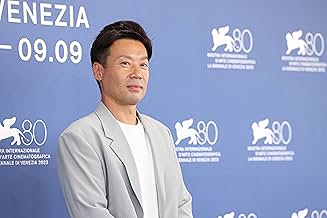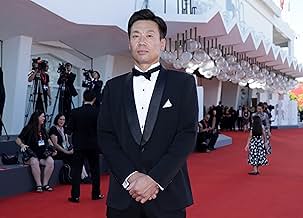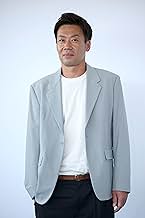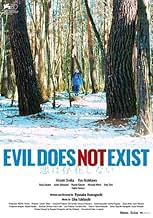In a way it starts very cleverly with very slow nature scenes, illustrating how closely connected these people are to their natural surroundings, how they live off and in harmony with the land. They gather wood for heating, they collect spring water for drinking and cooking, they recharge by walking long distances and admiring the stunning beauty of the surroundings, they memorize the different trees, they look out for wild animals, they help each other.
And then Hamaguchi is the perfect director to create a scene showing a public gathering with public speakers and audience interaction. He did a lengthy scene in Happy Hour as well. He can create meaningful dialogue with stand-out lines. And quite a bit of tension. And we move to the theme of capitalism corrupting everything in its path, with no regard for the destruction it leaves behind. It's facts, figures, stats, consultant advice, bending the law and using it to your advantage. The waste of five people is still below the accepted limit of pollution. It's better than city water anyway.
Then we dig deeper into the struggles of the glamping company workers, who are caught between empathizing with the locals and working for a man who wants to make money. He is not exactly a ruthless money man, he is actually trying to run a profitable business and sees the bottom line. The advisor is the cynical one. But the director takes the advice to heart. The funds are received and partially spent, he can't back down.
And then there's the enigmatic Takumi, the quiet, but trusted lumberjack, or jack of all trades and the poor hapless Takahashi, the former talent agent who experiences a sudden urge to commune with nature.
Slow start that kind of makes sense in the grand scheme of things, but it still tests your patience, and indeed a very odd, somewhat upsetting and inexplicable ending. The middle part is sublime but the rest didn't quite gel well together.
I read the director's explanation, but it's still not coming through in my opinion.


























